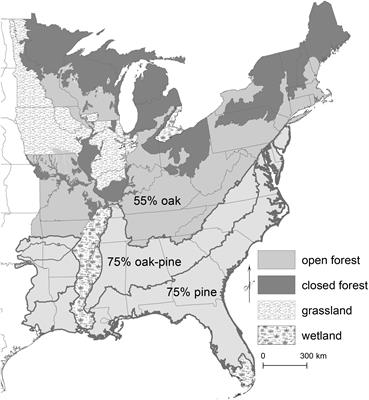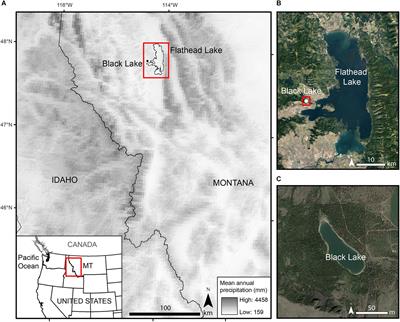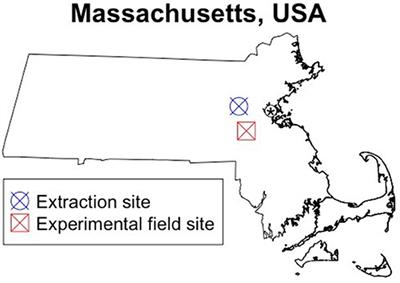ORIGINAL RESEARCH
Published on 29 Sep 2020
A Holocene Perspective of Vegetation Controls on Seasonal Boreal Wildfire Sizes Using Numerical Paleo-Ecology

doi 10.3389/ffgc.2020.511901
- 2,828 views
- 7 citations
3,690
Total downloads
19k
Total views and downloads
You will be redirected to our submission process.
ORIGINAL RESEARCH
Published on 29 Sep 2020

REVIEW
Published on 12 May 2020

ORIGINAL RESEARCH
Published on 17 Apr 2020

ORIGINAL RESEARCH
Published on 31 Mar 2020

